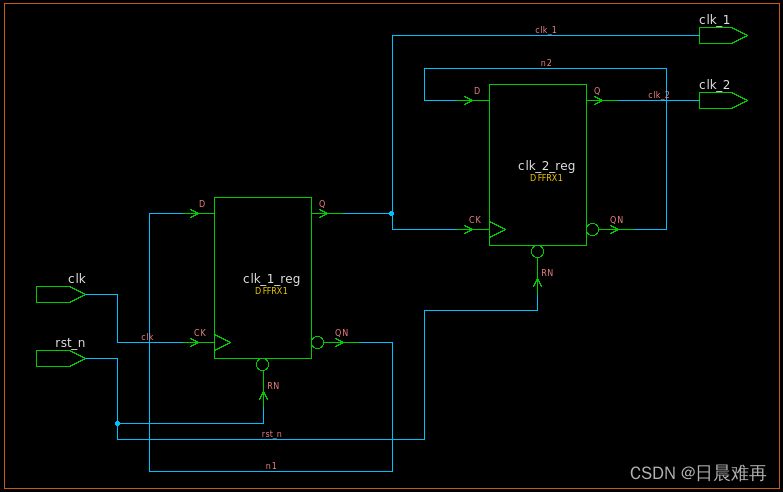
C++11中的std::bind 简单易懂
概述std::bind的头文件是 <functional>,它是一个函数适配器,接受一个可调用对象(callable object),生成一个新的可调用对象来“适应”原对象的参数列表。函数原型std::bind函数有两种函数原型,定义如下:template< class F, class... Args >/*unspecified*/ bind( F&&
一键AI生成摘要,助你高效阅读
问答
·
概述
std::bind的头文件是 <functional>,它是一个函数适配器,接受一个可调用对象(callable object),生成一个新的可调用对象来“适应”原对象的参数列表。
函数原型
std::bind函数有两种函数原型,定义如下:
template< class F, class... Args >
/*unspecified*/ bind( F&& f, Args&&... args );
template< class R, class F, class... Args >
/*unspecified*/ bind( F&& f, Args&&... args );
std::bind返回一个基于f的函数对象,其参数被绑定到args上。
f的参数要么被绑定到值,要么被绑定到placeholders(占位符,如_1, _2, ..., _n)。
std::bind将可调用对象与其参数一起进行绑定,绑定后的结果可以使用std::function保存。std::bind主要有以下两个作用:
- 将可调用对象和其参数绑定成一个防函数;
- 只绑定部分参数,减少可调用对象传入的参数。
1 std::bind绑定普通函数
double callableFunc (double x, double y) {return x/y;}
auto NewCallable = std::bind (callableFunc, std::placeholders::_1,2);
std::cout << NewCallable (10) << '\n';
- bind的第一个参数是函数名,普通函数做实参时,会隐式转换成函数指针。因此std::bind(callableFunc,_1,2)等价于std::bind (&callableFunc,_1,2);
- _1表示占位符,位于<functional>中,std::placeholders::_1;
- 第一个参数被占位符占用,表示这个参数以调用时传入的参数为准,在这里调用NewCallable时,给它传入了10,其实就想到于调用callableFunc(10,2);
2 std::bind绑定一个成员函数
class Base
{
public:
void display_sum(int a1, int a2)
{
std::cout << a1 + a2 << '\n';
}
int m_data = 30;
};
int main()
{
Base base;
auto newiFunc = std::bind(&Base::display_sum, &base, 100, std::placeholders::_1);
f(20); // should out put 120.
}
- bind绑定类成员函数时,第一个参数表示对象的成员函数的指针,第二个参数表示对象的地址。
- 必须显式地指定&Base::diplay_sum,因为编译器不会将对象的成员函数隐式转换成函数指针,所以必须在Base::display_sum前添加&;
- 使用对象成员函数的指针时,必须要知道该指针属于哪个对象,因此第二个参数为对象的地址 &base;
3 绑定一个引用参数
默认情况下,bind的那些不是占位符的参数被拷贝到bind返回的可调用对象中。但是,与lambda类似,有时对有些绑定的参数希望以引用的方式传递,或是要绑定参数的类型无法拷贝。
#include <iostream>
#include <functional>
#include <vector>
#include <algorithm>
#include <sstream>
using namespace std::placeholders;
using namespace std;
ostream & printInfo(ostream &os, const string& s, char c)
{
os << s << c;
return os;
}
int main()
{
vector<string> words{"welcome", "to", "C++11"};
ostringstream os;
char c = ' ';
for_each(words.begin(), words.end(),
[&os, c](const string & s){os << s << c;} );
cout << os.str() << endl;
ostringstream os1;
// ostream不能拷贝,若希望传递给bind一个对象,
// 而不拷贝它,就必须使用标准库提供的ref函数
for_each(words.begin(), words.end(),
bind(printInfo, ref(os1), _1, c));
cout << os1.str() << endl;
}更多推荐
 已为社区贡献2条内容
已为社区贡献2条内容









所有评论(0)